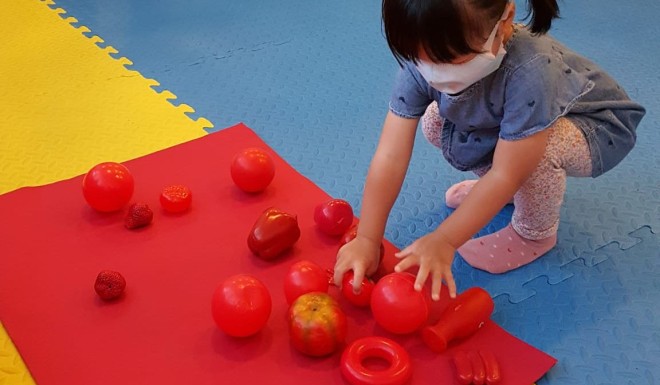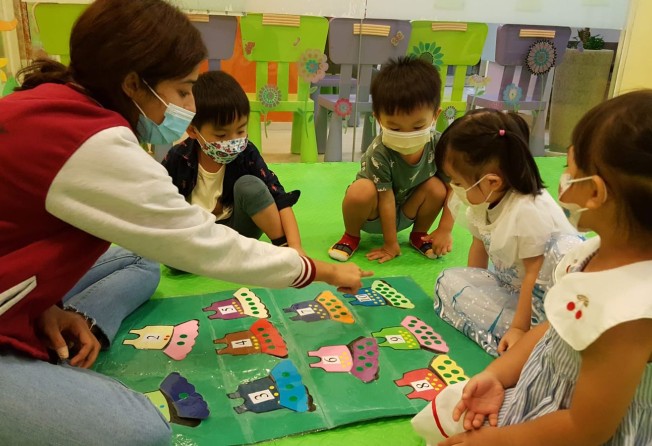
Montessori at Littleton

By Mable Tsang, Director, Littleton Discovery Playgroup
Since 1999, Littleton has adopted the Montessori system. Developed by the physician Maria Montessori, the system focuses on developing natural interests and activities rather than formal teaching methods. Children are all naturally eager for knowledge and curious. Montessori’s focus rests upon this theory; emphasising on independence and providing a supportive and well-prepared learning environment in its setting. Grades and tests are strongly discouraged in the system. Since Montessori developed her theories in the early 1900s through scientific experimentation with her students; this method has since been used in many parts of the world, in public and private schools alike.
"Montessori" is not copyrighted or trademarked. It is widely used due to its proven success. Popular elements include mixed-age classrooms, student freedom (including their choices of activity), long blocks of uninterrupted work time, and specially trained teachers.
The Montessori system for toddlers aged 2.5 to 3 years old or the "Young Child Community", provides materials and activities according to the children's size and abilities, opportunities to develop movement, and activities to develop independence. Development of independence in toileting is also emphasized as well. Moreover, we have introduced the "Parent-Infant" classes in which parents participate with their very young children.
"Planes" of development
There are four distinct periods, or "planes", in human development: from birth to age 6, ages 6 to 12, ages 12 to 18, and ages 18 to 24. Montessori saw different characteristics, learning modes, and developmental imperatives active in each of these planes and called for educational approaches specific to each period.

The first plane is from birth to six years of age when children are absorbing from their environment - undergoing physical and psychological development. The first-plane child is seen as a concrete, sensorial explorer and learner engaged in the developmental work of psychological self-construction and building functional independence. Several concepts are then introduced including the absorbent mind, sensitive periods, and normalisation.
According to the Montessori concept, a young child's behaviour effortlessly assimilates the sensorial stimuli of his or her environment, including information from the senses, language, culture, and the development of concepts with the term "absorbent mind". It is believed that this is a power unique to the first plane, and that it fades as the child approaches the age of six years old. It was also observed and discovered that children at that age have periods of special sensitivity to particular stimuli, which Montessori called the "sensitive periods". In Montessori education, the classroom environment responds to these periods by making appropriate materials and activities available while the periods are active in each individual young child. And the durations are identified as:
Acquisition of language—from birth to around 6 years old
Interest in small objects—from 18 months to 3 years old
Order—from 1 to 3 years old